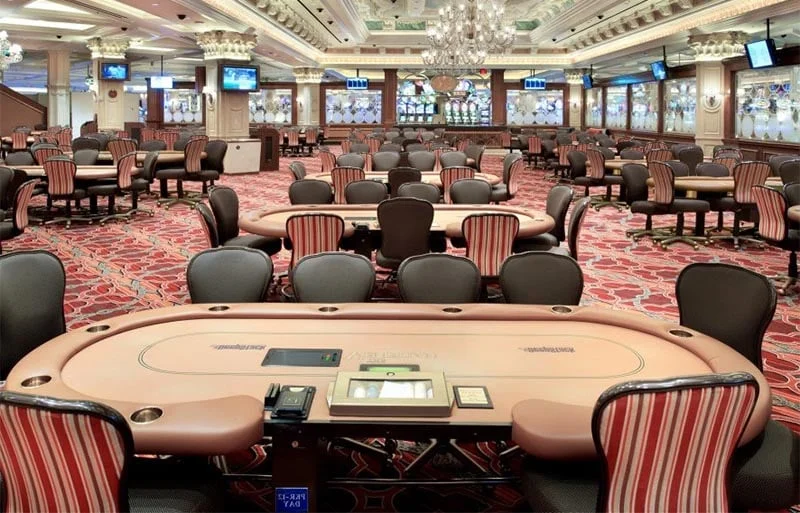Caesars Entertainment has had a rough time as of late. One of the biggest problems facing the corporation is the size of its debt, which now sits at $23.5 billion. Not only is that large sum the highest in the industry, it’s also greater than most large cities in the United States that have declared bankruptcy. Much of that long-term debt is leftover from a buyout of Apollo Global Management and TPG Capital in 2008.
Trouble in Massachusetts
The latest in a series of blows to the company came during an attempt to obtain a Massachusetts gaming license in order to build a resort casino in partnership with Boston’s Suffolk Downs racetrack. The proceeding investigation revealed that the U.S. Treasury Department’s Federal Crimes Enforcement Network was investigating money laundering allegations at Caesars Palace. Caesars then withdrew from the process of obtaining the gaming license.
Potential Russian Mob Ties Sour Gansevoort Deal
Another piece of fallout from the recent investigation was discovered upon a closer look at Caesars’ partnership with Gansevoort, which was going to be part of the deal to redevelop Bill’s Gamblin’ Hall on the Las Vegas Strip. However, after an extensive background check, it was revealed that one of Gansevoort’s investors had links to Russian organized crime. Caesars investigated and decided to sever the deal with Gansevoort. Caesars continues to work on the project without Gansevoort’s involvement.
CEO’s Past Seen as an Issue
Furthermore, Massachusetts regulators also expressed concerns about Mitch Garber, the CEO of Caesars Interactive Gaming and the new Caesars Acquisition Company. Prior to joining Caesars, Garber was affiliated with two offshore Internet gaming companies before the 2006 Unlawful Internet Gambling Enforcement Act (UIGEA) was passed; this meant that his company was involved in accepting wagers from Americans when the U.S. government considered it illegal. The Massachusetts report stated that Garber was aware of at least five states that prohibited Internet gaming during his time at PartyGaming and did not use blocking software to exclude residents of those states from making bets on his site.
New Jersey and Nevada were aware of those ties and decided they were irrelevant in the issuing of gaming licenses for their states regarding intrastate online gaming. If other states decide to focus on the negative past of Garber with relation to the U.S. government, problems could occur for Caesars with intrastate – or even interstate – licensing for online gaming. Regardless, it is not known if Garber’s former employment will have any impact whatsoever.
Caesars Down but Not Out
With all of the negative press surrounding Caesars, the stock of the company on the New York Stock Exchange did see a dip, but the rebound has been significant. Currently, there doesn’t seem to be enough concern to affect the overall stock results. These issues also haven’t negatively impacted Caesars’ current relationships with Nevada, New Jersey, or the other states in which the company is licensed to run land-based operations.


